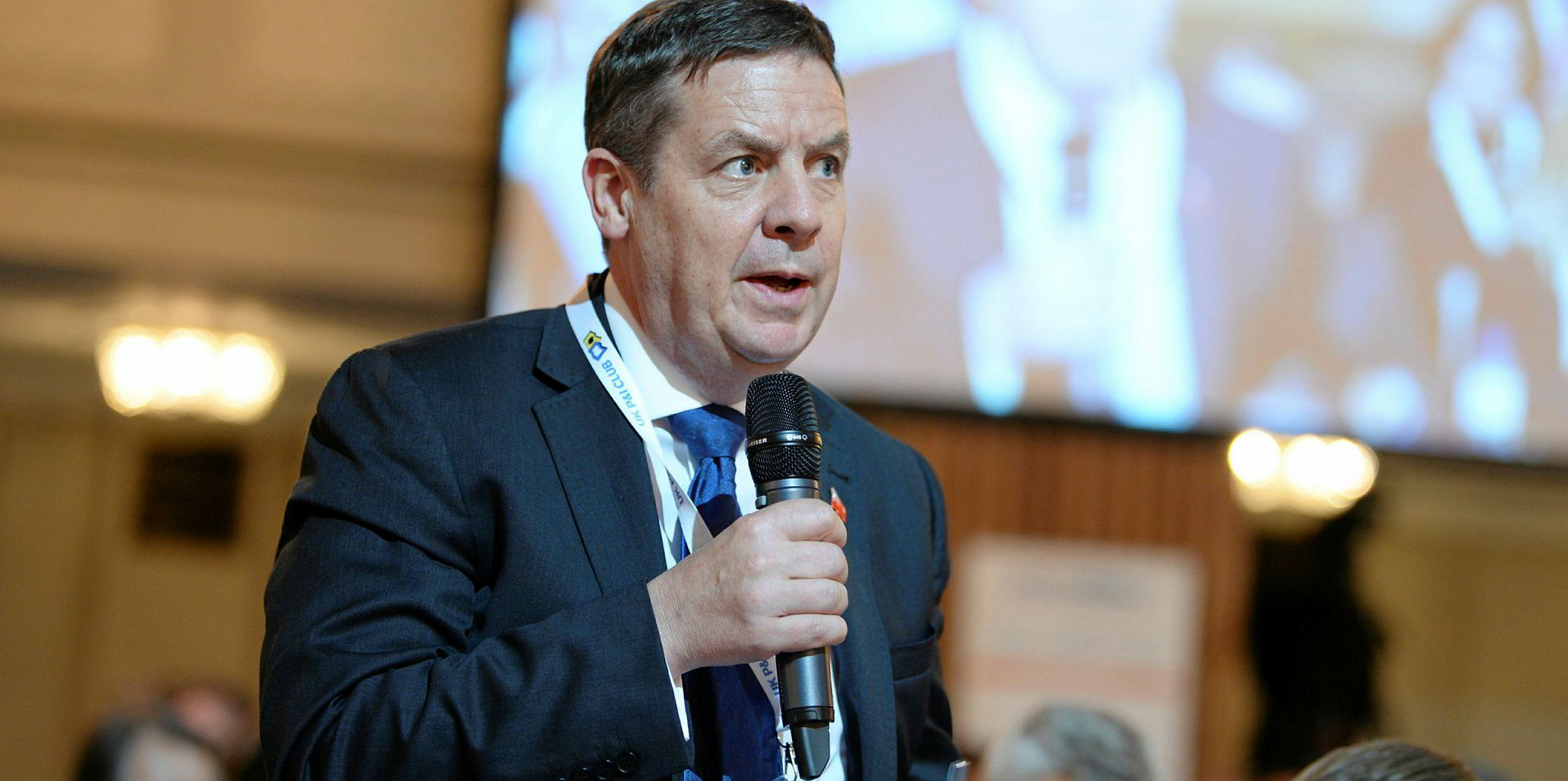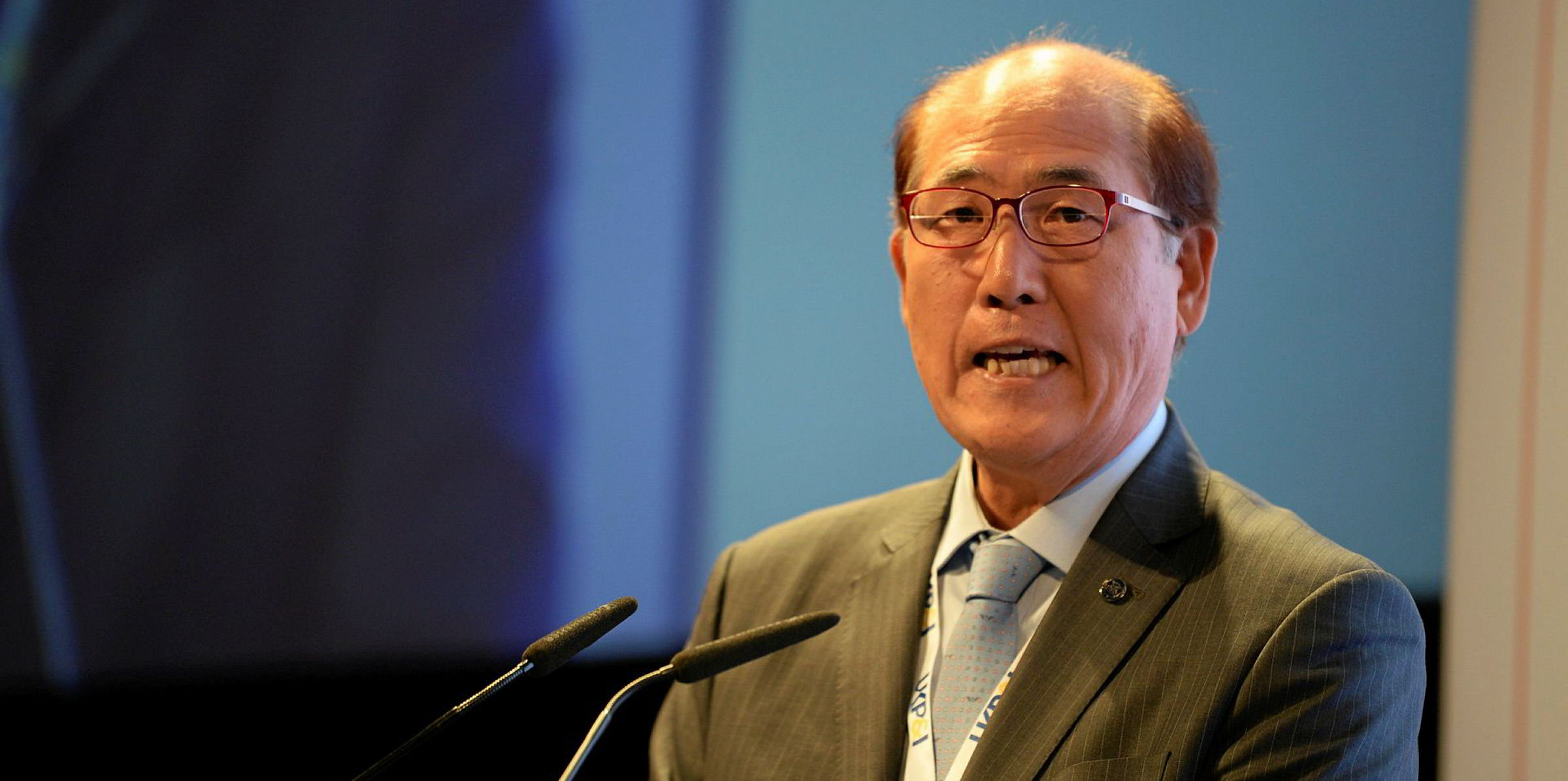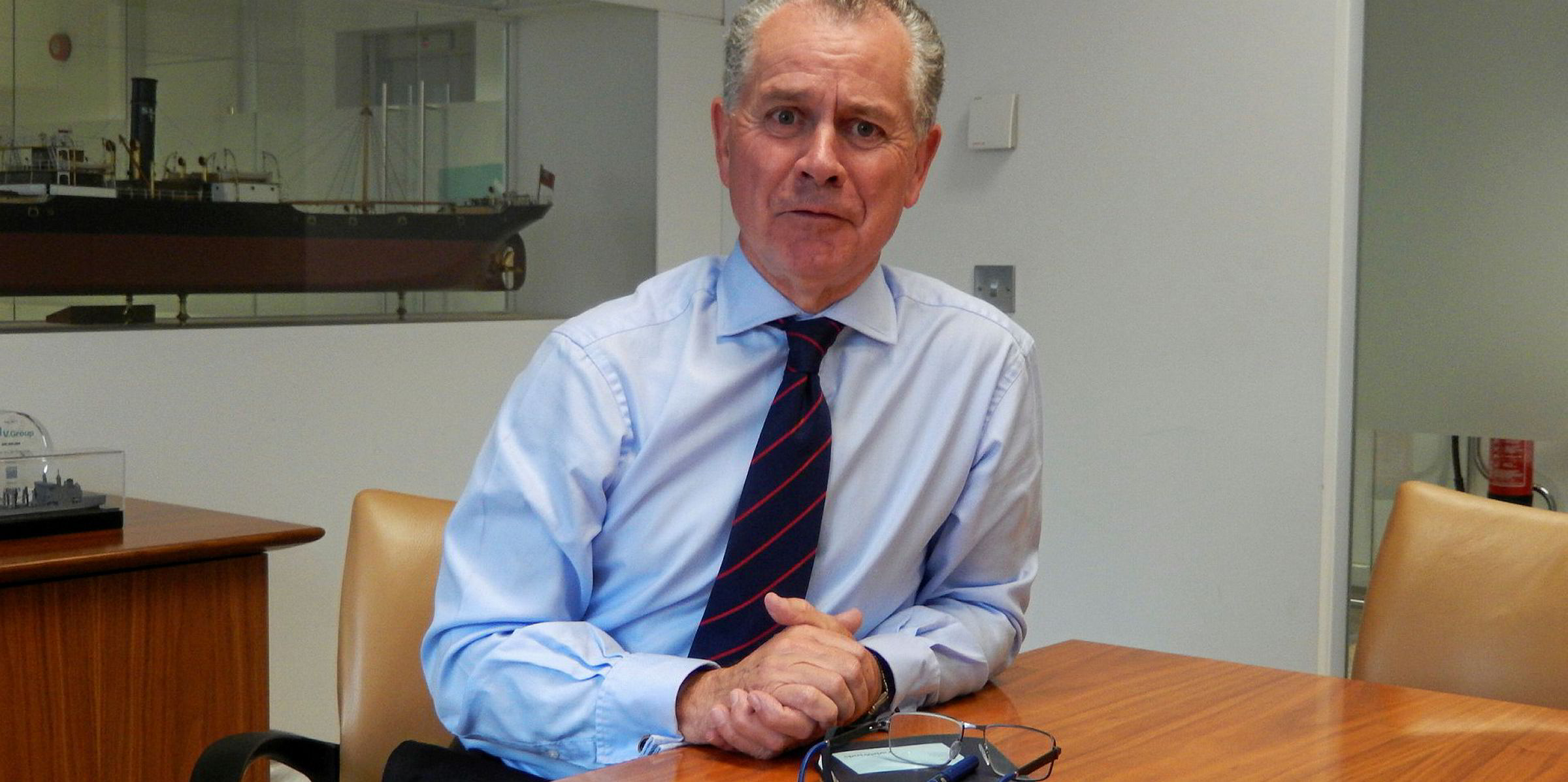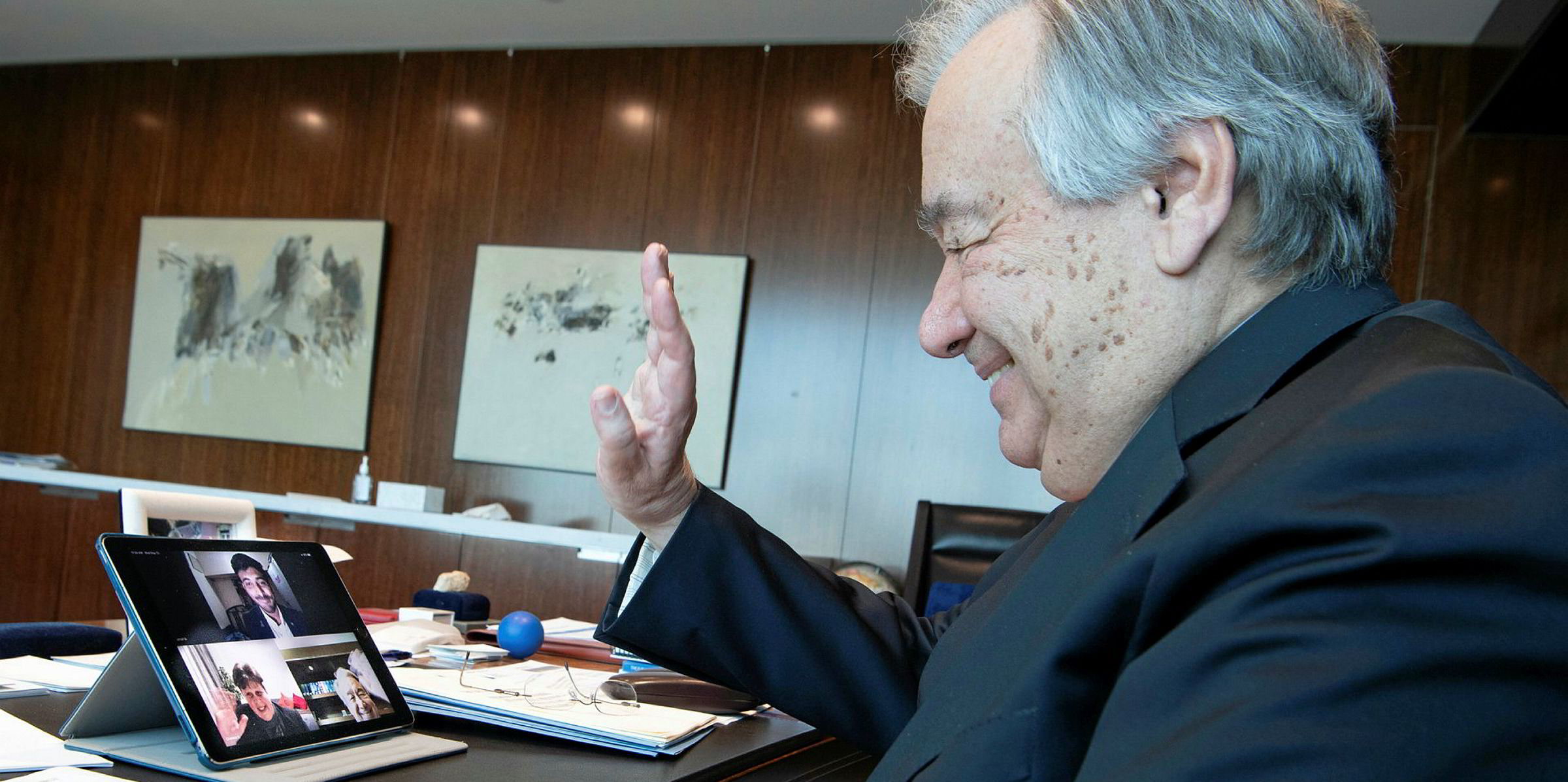Shipping’s dark past is a major factor in why the industry has not been able to get global governmental action on the crew change crisis, and some believe it could take a collapse in supply chains to focus minds.
But industry stakeholders said on a Wednesday webinar that there are ways in which vessel operators can co-operate with interested governments to create “bubble corridors” that allow seafarers to move between shipping centres.
International Labour Organization (ILO) director general Guy Ryder said that, despite the shipping industry’s unique structure of international institutions able and willing to solve problems, it is “deeply disturbing that there is this somewhat hidden humanitarian crisis playing out”.
“The industry and the seafarers’ unions have used these tools, but we haven’t achieved the result that we want. It is incumbent on us all to think why we haven’t got the effect we want,” Ryder said about the lack of political response to facilitating crew changes in the webinar on the topic organised by the International Chamber of Shipping (ICS).
The complexity of an almost unprecedented situation for most governments led to them taking a national, rather than international response, to the health crisis affecting their populations, panellists said.
But Euronav chief executive Hugo de Stoop said: “At the heart of the problem is the way we have built this industry in the past: to try to be in the shadow, to try to be discreet, to try to be forgotten.
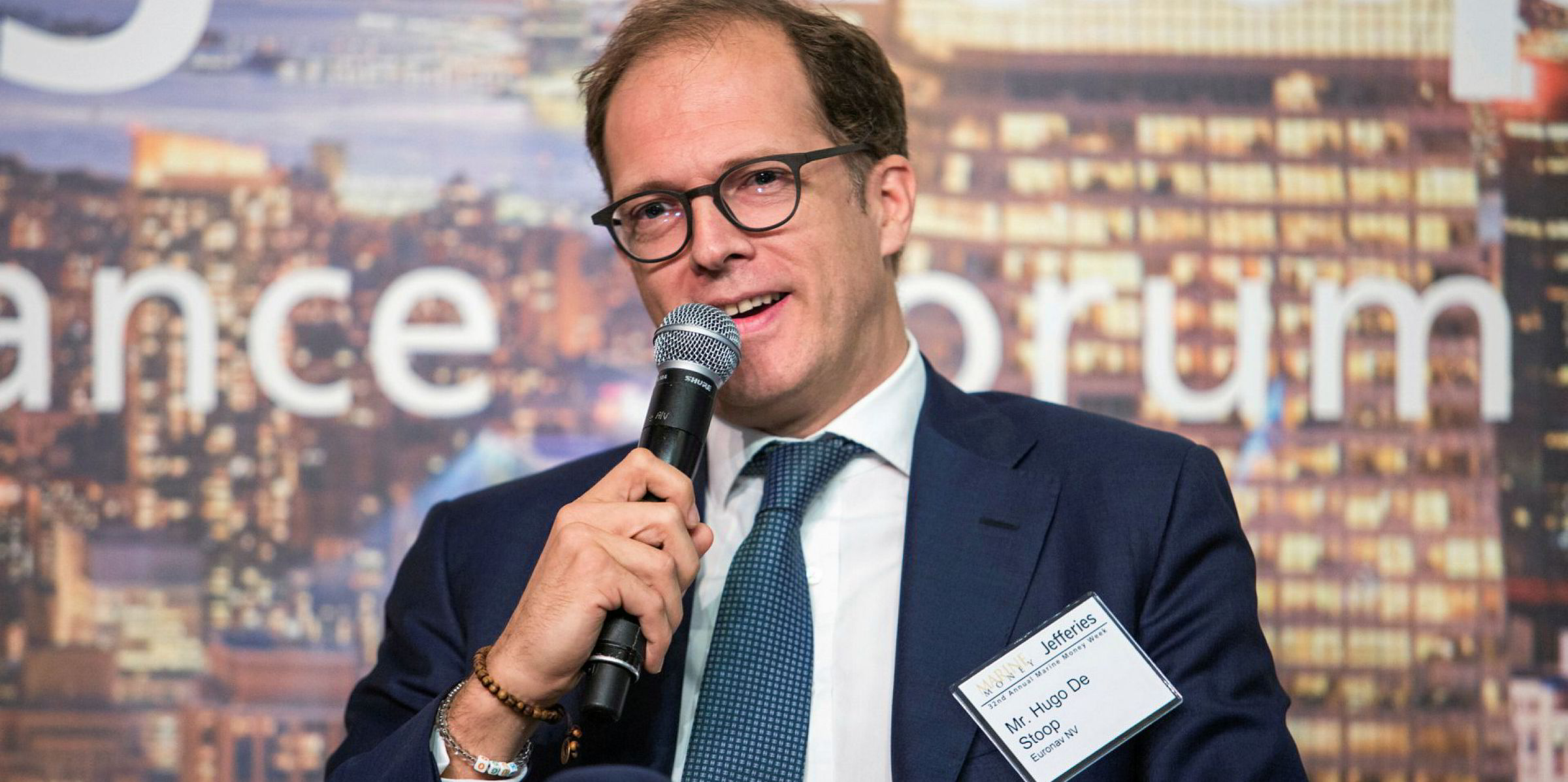
“And that is for the reason that nobody wanted to pay tax, nobody wanted to be heavily regulated and so they have chosen for most a place of incorporation that is tiny, discreet, influencable and certainly tax friendly. Going forward it’s probably not a good solution.”
ICS chairman Esben Poulsson agreed that companies hiding in the past behind single ship companies designed to mask who was the beneficial owner was a factor.
But he said the greater openness of today’s big corporations and improving ship safety records needed to be taken out into the world in the way airlines have organised their international presence.
However, ICS secretary general Guy Platten said in the immediate term that efforts to solve the crew change crisis were not getting through.
“Ultimately unless the supply chain is actually disrupted, it’s hard to see why governments are going to step in,” he said.
After six months of efforts, Platten said it would have to be an “ongoing battle” to get governments to focus on crew changes.
PTC Holdings chief executive Gerardo Borromeo said that countries which have a national interest in seafaring, like the Philippines where 10% of the population work abroad, could become part of a coalition of the willing.
Borromeo, whose Philippines-based company provides crewing management services, said the country set up ‘green lanes’ to facilitate crew movements inbound and outbound.
But he said more and better coronavirus testing and logistics systems to prove when seafarers are clear of the disease are needed to help governments deal with the evolving health issues and dealing with infection vectors.
Then he said it would possible “to work on a concerted basis, government to government, to create bubble corridors from Manila to Singapore, Hong Kong, Japan or Amsterdam."
That would allow the industry to do these things more effectively.
“We were caught off guard, but the idea of ‘friends of’ is very important because we can work to address complex issues. Today it is a health issue but tomorrow it might be something else. This is the first type of crisis that has taken the [whole] world by surprise,” Borromeo said.
